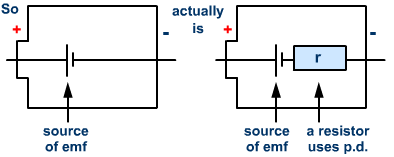Why is internal resistance of a cell not constant ?

The internal resistance of a cell depends upon the resistance of electrolyte, terminals and electrons of the cell. Due to chemical changes(e.g, absorption of hydrogen and sulphate ions ) in the electrolyte during the process of discharging the resistance of the electrolyte increase. Thus the internal resistance of cell does not remain constant. If you will use cells and batteries for a while and you will notice they get hot.
StemQ Notice: This post was originally submitted on StemQ.io, a Q&A application for STEM subjects powered by the Steem blockchain.
I think the text of this post should expand on the question.
For example, are you referring to the change of internal resistance of a battery over years of storage, or during use?
A graph showing the increase of resistance over time would help describe the question.
Here is such a graph (for an inactive battery):
Credit: Electropaedia
The question could then be answered in a separate post.
In that post, you could remind the casual reader on the basic design of a conventional battery.
What is a cell? What is electrolyte? Etc.
Then you could describe the chemical changes during the lifetime of the battery.
Hope it helps.